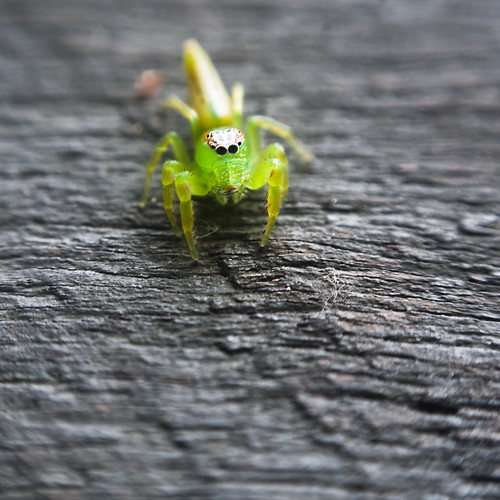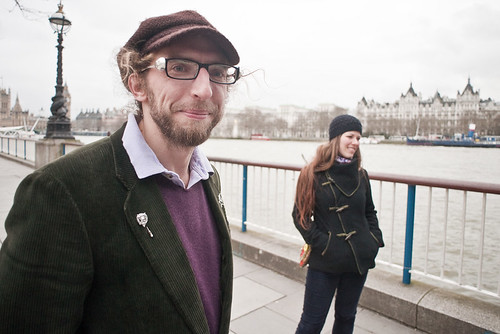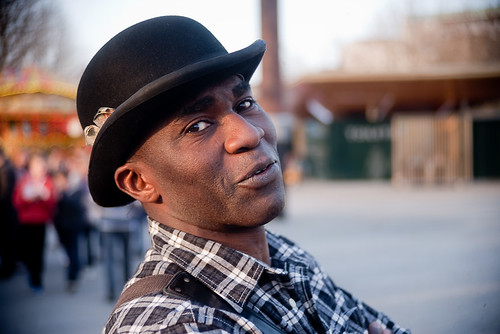Freelensing
As the name may suggest the lens is used whilst detached from the camera body, the technique requires you to hold the lens in your left hand, up to the open lens mount of your camera. By then tilting the lens slightly you can affect the depth of field, in the same way, as a tilt shift lens would work.
The drawback is to free the lens, it will be further away than normal, so infinity focus is unfortunately out of the question. However you will be able to get some interesting portraits, and close-ups this way.
Reversing Lenses
This is the same freelensing technique; except with the lens facing backwards, you don’t need anything complicated just a 50mm prime that most people will already have. It’s a little easier if you have manual control over the aperture however it’s not essential. This will instantly give you the ability to get some really big magnifications for the small stuff.
Above: When you don't haven't made plans to take macro shots, reversing
your lens can get you that shot when the moment turns up.
your lens can get you that shot when the moment turns up.





